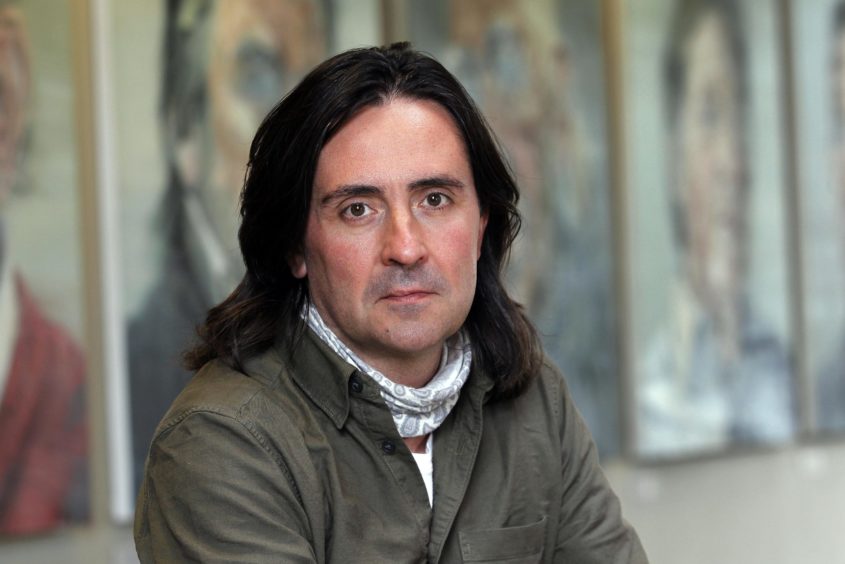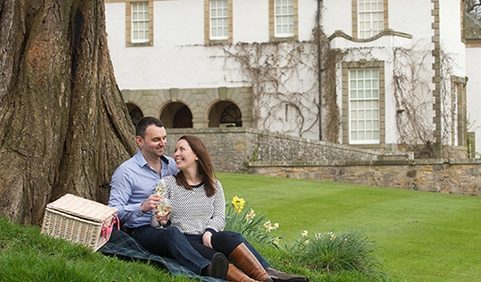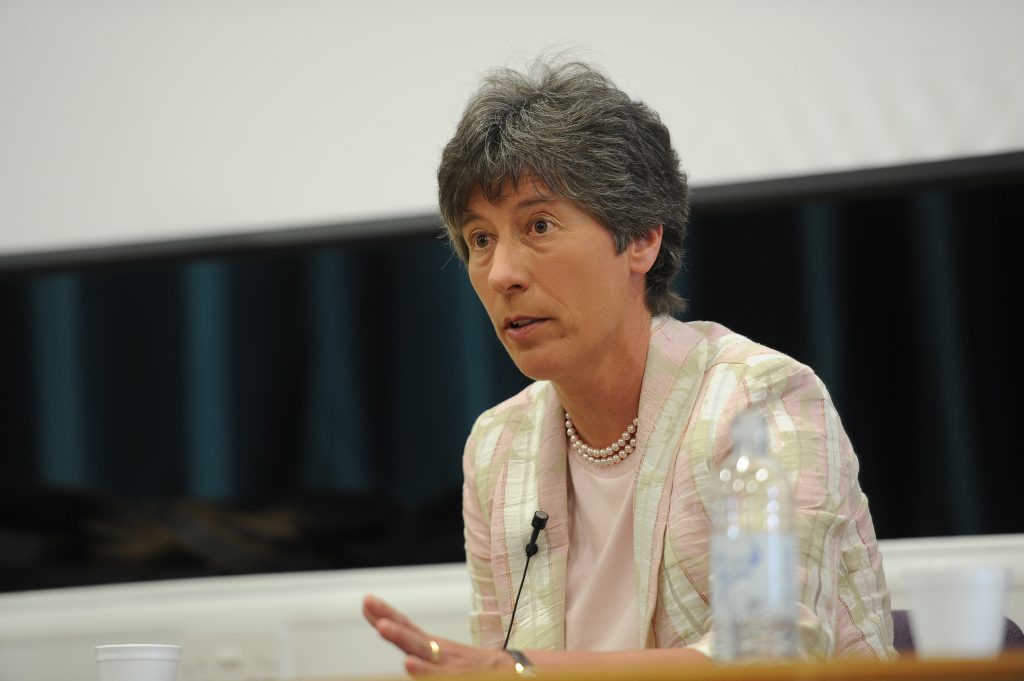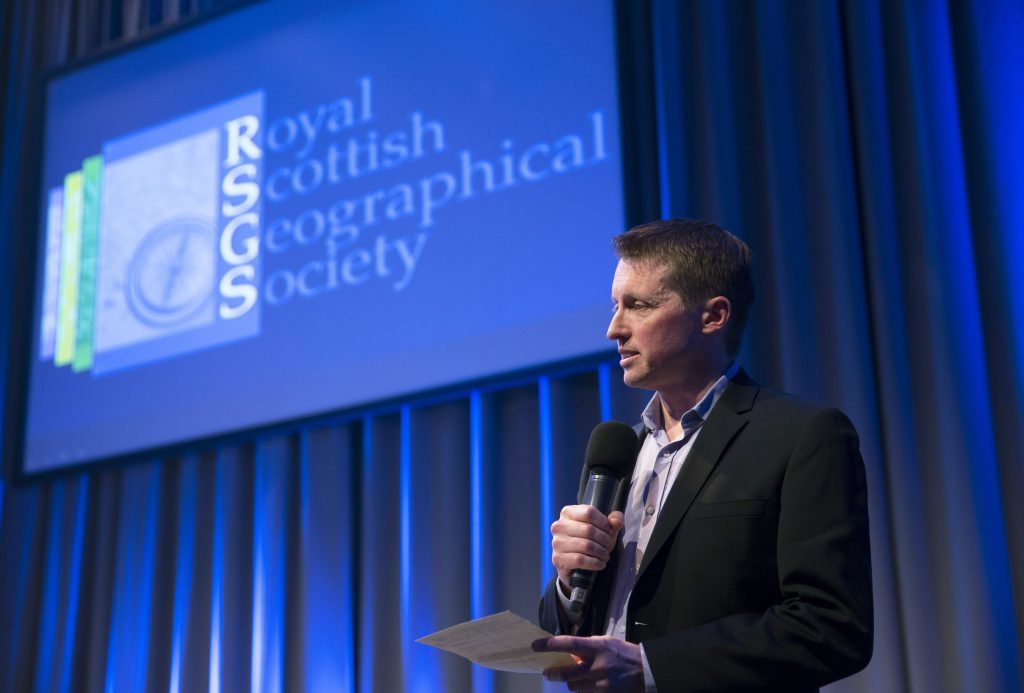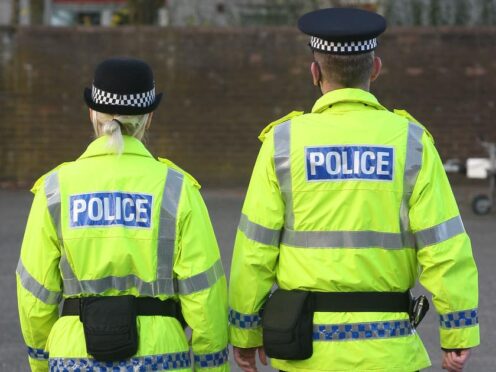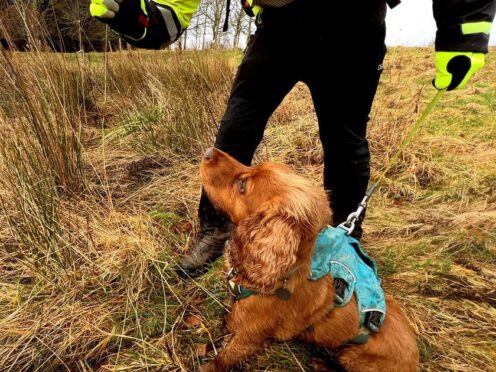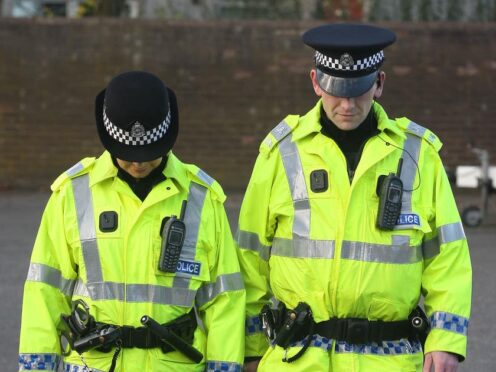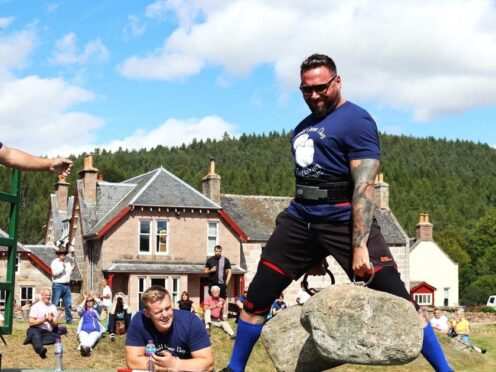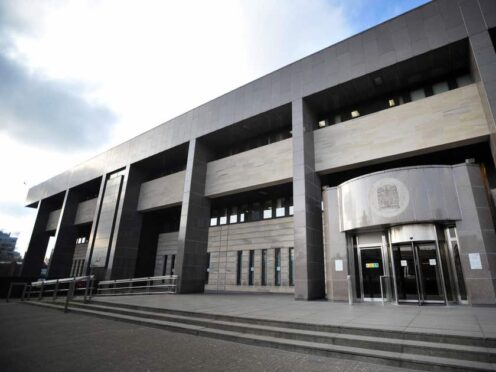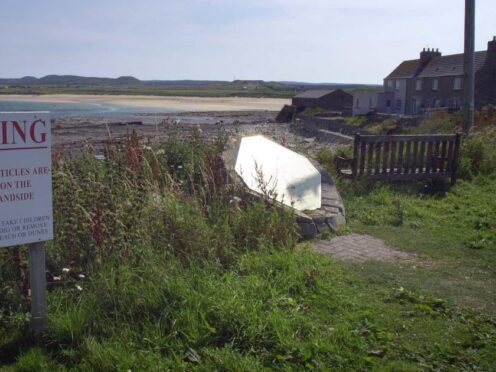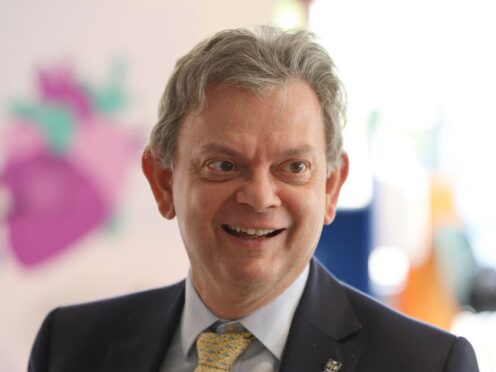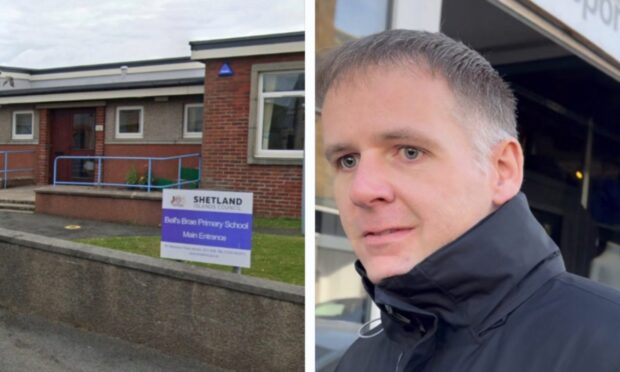As hundreds of people sign petitions objecting to the appointment of pro-Union broadcaster Neil Oliver as president of the National Trust for Scotland – and others defend his apolitical role – Michael Alexander dug into the furore.
He is the long haired Scots archaeologist, journalist and author best known as a presenter of BBC documentary programmes such as A History of Scotland, Vikings and Coast.
But Renfrewshire-born Neil Oliver is at the centre of a political storm after hundreds of people signed petitions at the weekend objecting to his appointment as president of the National Trust for Scotland.
The TV presenter who was once described as “divisive” by senior SNP members for his well-known pro-Union anti-independence views was chosen to replace Lord Lindsay at the helm of the conservation charity at the trust’s AGM in Dundee’s Caird Hall on Saturday.
He is notorious amongst hard core nationalists for describing the uncertainty caused by the prospect of a second independence referendum as a “cancerous presence” and once described Alex Salmond as a “round, wrecking ball of a man, shaped only to do damage”.
NTS chairman Sir Moir Lockhead said Mr Oliver was appointed president as someone who had “spent much of his adult life championing Scotland and its heritage”.
However his appointment came under fire within hours of Saturday’s acceptance speech with one online petition signed by 1000 – and later “disabled due to inappropriate content” – stating that his “politically biased views in no way make him an ideal candidate for this position”.
A separate petition signed by over 700 in one day said: “The National Trust [for] Scotland is in charge of many of Scotland’s treasures, we object to this man having this appointment as he does not have the Scottish people and Scotland’s interests at heart.”
Others vented their views on Twitter. Peter Bell said: “I feel like NTS just spat in my face. I want nothing to do with Neil Oliver. So I want nothing to do with National Trust for Scotland.”
Stephen Dedalus said: “Just cancelled my subscription after 29 years. Divisive, disgraceful appointment of the hateful preacher of unionism.”
Yesterday the NTS defended the appointment of Mr Oliver, who last year revealed he quit using social media after being subjected to “vicious” abuse from pro-independence trollers.
The trust also confirmed there had been a “handful” of membership cancellations in response to the furore.
However, it rejected claims by some social media commentators that Mr Oliver was in breach of NTS policy due to his previously outspoken views.
Quoting from the trust’s statement of neutrality, the trust confirmed that “No trustee or employee of the National Trust for Scotland may in this capacity express political views.”
However, this did not apply to comments made outwith the organisation.
An NTS spokesperson said: “The National Trust for Scotland is an apolitical charity and has no interest in an individual’s political views.
“Its 360,000 plus members have all political views, and none. Neil Oliver has done a fantastic job in promoting the heritage, history and archaeology of Scotland and that clearly chimes with our objectives as a charity. Those are the skills we are interested in as we continue our work to protect Scotland’s heritage.”
Mid Scotland and Fife Conservative MSP Liz Smith MSP said: “In addition to being a professionally qualified archaeologist Neil Oliver is an award winning broadcaster and one of the most recognisable faces on TV and his appointment to the National Trust for Scotland should be welcomed.
“It says a lot about the nationalist movement that Neil’s appointment has created so much noise, rather than looking at his politics I would encourage independence supporters to look at his career and knowledge of Scotland’s built environment.”
An SNP spokesperson said: “Third sector bodies are legally bound to be apolitical. The National Trust for Scotland’s appointments are a matter for it and we wish the organisation well under its new president.”
NTS said an overwhelming majority of delegates at the AGM approved the motion to appoint Mr Oliver as president through a show of hands.
In his acceptance speech Mr Oliver said he was “absolutely delighted and honoured” to even be considered for the role, which will see him work as an ambassador for the charity.
His appointment marked a departure for the charity, which has previously mainly been headed by members of Scotland’s aristocracy including two Dukes of Atholl, the Earl of Wemyss and March, the Marquess of Bute, the Earl of Airlie, the Duke of Buccleuch and most recently Jamie, Earl of Lindsay.
Mr Oliver, who said he grew up with a “great love of country” and described Scotland as a “very outward looking place”, told Dundee delegates: “When it was first suggested to me I thought there had been some kind of mistake.
“I immediately looked up the immediate incumbents of president and I noticed right away that I own considerably less land than most! And then I looked down a bit and saw that as of today I have 180,000 acres, so it’s all working out very well!”
Mike Robinson, chief executive of the Royal Scottish Geographical Society in Perth, said: “Neil Oliver is one of the most well-known and knowledgeable historians in the country, and I’m sure will fulfil a role for NTS.
“I am more interested in his views on land stewardship, biodiversity and access as these pertain to the role.
“Whilst his comments on Scottish politics are ill judged, he is entitled to an opinion and it is surely not healthy that we look to Twitter to determine someone’s suitability for voluntary public office.”
A Scottish Government spokesperson said:“The National Trust for Scotland is an independent charity, and is responsible for its own appointments.”
It also wished the NTS well.
